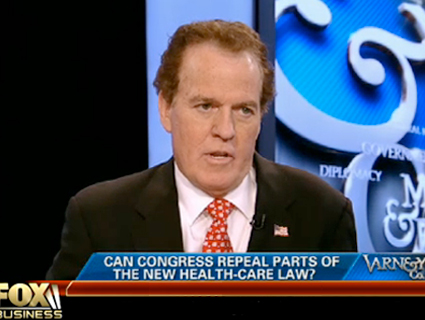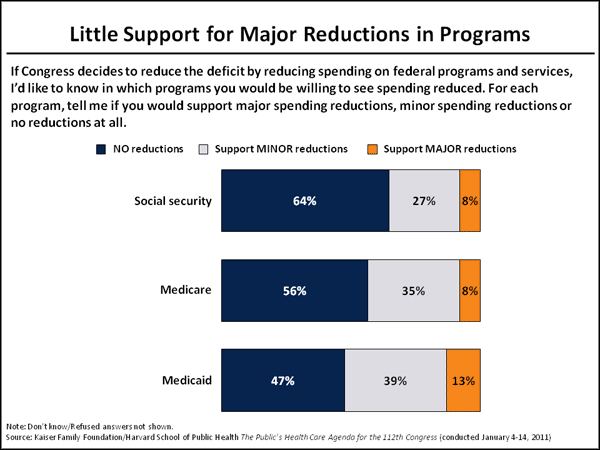As the 2011-12 Supreme Court term gets underway on this first Monday in October, the first order of business on the docket will be a matter that may well determine the future of Medicaid, the federal and state operated program that provides health care to low-income Americans.
In the case of Douglas v. The Independent Living Center of the United States, the Court will decide whether a Medicaid beneficiary or service provider has the right to challenge a state law that reduces payments to Medicaid providers to a point where there will no longer be enough doctors and hospitals participating in the program to make it viable.
The case stems from the passage of a 2008 law in California that cut the reimbursement rate to medical providers treating Medicaid beneficiaries by 10 percent. The cut came despite the fact that California already had—and continues to have—the lowest reimbursement rate for Medicaid medical providers in the nation. Indeed, so low are the California payments that approximately one-half of the state’s physicians currently refuse to participate, making it increasingly difficult for those reliant on the Medicaid safety-net to get the medical attention the program is intended to deliver.
At the heart of the matter is a provision in the federal law that requires state Medicaid payments to be “sufficient to enlist enough providers.”
As stated in The Code of Federal Regulations (CFR) at 42 CFR 430 and 447:
CMS reviews State plan amendment reimbursement methodologies for services provided under the State plan for consistency with Section 1902(a)(30)(A) of the Social Security Act (the Act) and other applicable federal statutes and regulations. Section 1902(a)(30)(A) of the Act requires that States “assure that payments are consistent with efficiency, economy and quality of care and are sufficient to enlist enough providers so that care and services are available under the plan at least to the extent that such care and services are available to the general population in the geographic area.”
When California reduced the Medicaid payments in 2008, activists responded with a number of court challenges. The question which arose deals with whether or not individuals have the right to pose such a challenge to a state law based on the Supremacy Clause of the Constitution which requires that the federal law takes precedence over state law. While it is clear that the Department of Health & Human Services could challenge such a move by a state as violating the guidelines and laws that qualify a state for the federal contribution to that state’s Medicaid program (typically, about one-half of the budget) opponents of the action—which, oddly, includes the White House—argue that it is a matter of what Congress intended when they passed the Medicaid law. In other words, unless Congress specifically intended such a challenge by a private individual, it would not be permitted.
Should the Court rule against those challenging the lower payment rates, it is expected that many other states, who have refrained from severely dropping their Medicaid payment rates in anticipation of expensive litigation that would surely follow, will move forward with plans to reduce their own payment scales for Medicaid beneficiaries. This could, in a very real way, doom this hugely important safety net program as providers are forced to drop out due to the inability to operate their hospitals and medical practices when being forced to accept meager payment.














